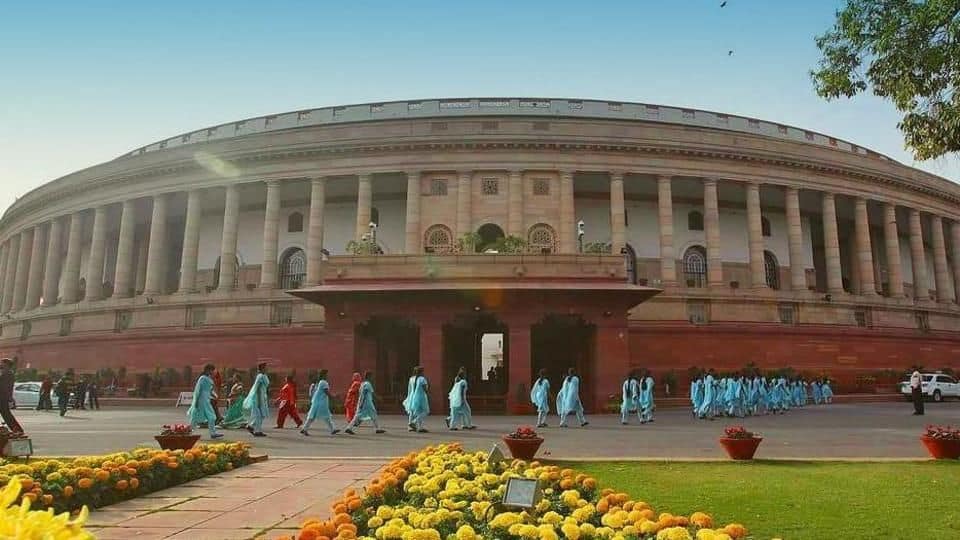
How education, wealth and criminality affect MPs' attendance in Parliament
What's the story
The issue of absenteeism of MPs has plagued the Indian Parliament since years. Even well-known names including Sachin Tendulkar and Rekha have fallen prey to this disease. While Tendulkar attended 23 of 348 days during 2012-17, Rekha attended 18. Are there common factors affecting MPs' attendance? A Centre for Policy Research report has boiled it down to education, criminality and wealth.
Sample
MPs were chosen based on duration of service
The author shortlisted all 362 MPs who served the full 2009-14 term but weren't ministers. Three aspects were considered: moveable wealth (assets that can be quickly mobilized), education and criminality. The average moveable wealth was Rs. 19.6L. 18% were facing at least one "serious" criminal charge, and 31% had a postgraduate degree. The information was taken from the Association of Democratic Reforms (ADR).
Attendance
MPs of larger parties had 10% more attendance
The average attendance of this sample was 80%, the author notes. Those of the six largest parties, comprising 75% of the sample, displayed more attendance (82% average) than smaller parties (72%). This data was obtained from PRS Legislative Services. The author then correlated MPs' education, criminality and wealth with their attendance and found statistically significant results.
Findings
Education, wealth and criminality were significantly linked to attendance
The probability of at least 90% attendance for postgraduates was estimated at 25%; for those with lower education levels, it was 15%. Major criminals had a 5% probability of high attendance, while those with less-serious charges were rated 15%. Probability of high attendance also decreased with increasing wealth, from 45% for those with assets worth Rs. 1L, to 2% for those worth Rs. 10cr.
Data
Tendency to field rich criminal candidates likely to increase
Criminality and wealth among MPs have been on an upward trajectory. The proportion of MPs facing serious criminal charges increased from 12% in 2004 to 21% in 2014. Wealthier candidates are preferred as they can self-finance their campaigns and have stronger chances of winning.
Government
Modi has tried to rein in absentee MPs, without fruit
Last August, after the ruling NDA couldn't get a crucial bill cleared in the Rajya Sabha due to lack of party MPs, PM Narendra Modi cautioned them: "You keep doing what you want to. I will do what I have to in 2019." In March, he had told them he would strictly monitor their attendance. However, things don't seem to have improved much.